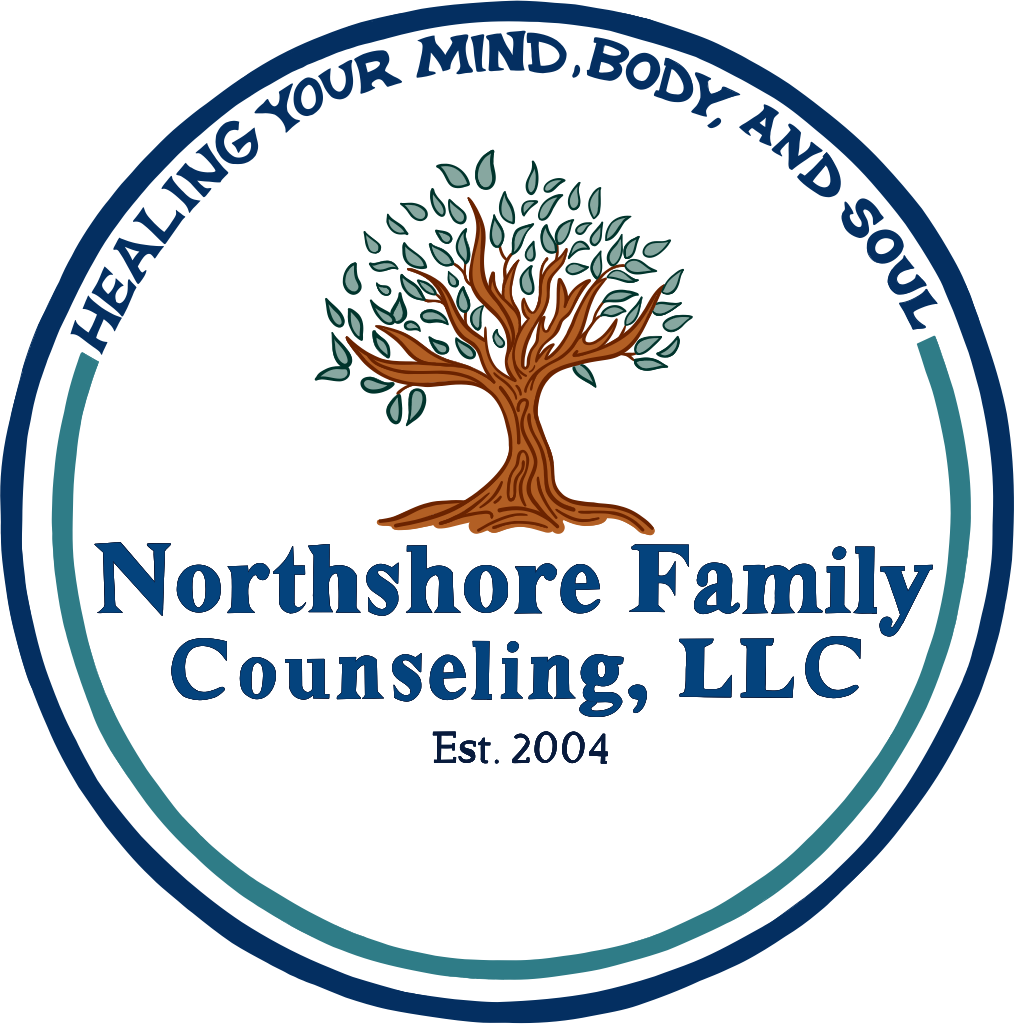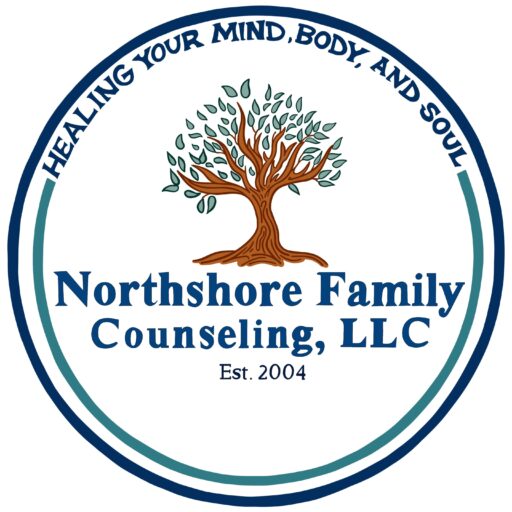Teen rebellion is often portrayed as a hallmark of adolescent development, characterized by challenging authority and pushing boundaries. As we delve into the topic of “Navigating Teen Rebellion,” we’ll explore how family counseling can serve as a vital bridge, connecting the gap that may form between parents and their teenagers. This article aims to provide a deeper understanding of teen rebellion and demonstrate how professional guidance can turn these tumultuous times into opportunities for growth and improved family dynamics.
Understanding Teen Rebellion
Teen rebellion is not merely an attitude; it is a part of the journey towards independence. Young people begin to form their own identities and test limits, which can often manifest as rebellion. Psychological and developmental factors play crucial roles, as teens seek autonomy and opportunities to make their own decisions. The complexity of these behaviors requires careful navigation by parents and guardians.
- Recognize that pushing boundaries is a natural part of teen development.
- Consider the psychological stressors that may exacerbate rebellious behavior.
- Understand that rebellion can sometimes signal underlying issues.
Signs of Teen Rebellion
Identifying when a teen is merely being assertive versus when they are spiraling into problematic rebellion is key for effective parental intervention. Typical signs include a sudden drop in academic performance, drastic changes in social circles, and overt defiance that is inconsistent with their usual behavior.
- Look for sudden changes in attitude or behavior that seem out of character.
- Note any withdrawal from family activities.
- Be aware of the influence of new friends if they encourage negative behaviors.
Benefits of Family Counseling
Family counseling offers a platform for understanding and addressing the roots of teen rebellion. Counselors provide a neutral ground where each family member can express their feelings without judgment. This setting fosters open communication and helps build trust and understanding among family members.
- Counseling can help identify the causes of conflict within the family.
- It provides strategies for improving communication.
- Counseling sessions facilitate a deeper understanding between parents and teens.
Family Counseling Techniques
Counselors employ various techniques tailored to the family’s specific needs, aiming to improve interaction and resolve conflicts. Effective communication strategies are central, as they encourage both parents and teens to listen actively and express their feelings constructively.
- Role-playing scenarios to practice responses and improve communication.
- Setting goals for both parents and teens to work towards improved relationships.
- Teaching conflict resolution skills to prevent future issues.
Finding the Right Counselor
Choosing a qualified family counselor who specializes in adolescent issues is crucial. Parents should look for professionals with credentials and experience in family dynamics and teen behavioral issues. An ideal counselor is someone who makes all family members feel heard and valued.
- Research potential counselors’ qualifications and experience.
- Consider recommendations from trusted sources like schools or pediatricians.
- Interview counselors to ensure they are a good fit for your family’s needs.
Preparing for Family Counseling
Preparing effectively for counseling sessions can significantly enhance their benefits. Families should discuss what they hope to achieve through counseling and come with an open mind and willingness to change.
- Discuss the purpose of counseling with the teen to set realistic expectations.
- Encourage openness to the process, emphasizing it as a journey of growth.
- Remind all family members of the confidentiality and support that counseling provides.
Navigating the choppy waters of teen rebellion is no easy task, but with the right approaches and professional guidance, it can lead to profound family growth and stronger relationships. The effectiveness of family counseling lies in its ability to foster better communication, teach coping strategies, and provide a forum for all family members to express themselves openly.
Key Takeaways from Navigating Teen Rebellion with Family Counseling
- Understanding the root causes of rebellion is crucial.
- Communication strategies learned in counseling can resolve conflicts.
- The right family counselor plays a pivotal role in the process.
- Real-life success stories can inspire families to seek help.
- Preparation and openness are essential for effective counseling.
Frequently Asked Questions
- What age is considered most challenging for teen rebellion?
- Teen rebellion typically peaks during the early to mid-teenage years, around ages 14 to 17, when the desire for independence is strongest.
- Can family counseling help even if the teen is unwilling to participate?
- Yes, counselors can work with family dynamics and provide parents with strategies to handle rebellion, which can create a more conducive environment for the teen to eventually engage.
- How long does family counseling typically last when addressing teen rebellion?
- The duration varies depending on the family’s specific issues and goals, but most see improvements within 3 to 6 months of regular sessions.
- Are there any online resources for parents dealing with teen rebellion?
- Yes, many reputable websites offer articles, expert advice, and forums where parents can learn and share experiences about handling teen rebellion.
- What should parents avoid doing when trying to manage a rebellious teen?
- Parents should avoid overly harsh punishments and instead focus on understanding the underlying causes of the behavior, maintaining open lines of communication, and setting clear but fair boundaries.
- About the Author
- Latest Posts
At Northshore Family Counseling, we are passionately committed to providing clinically competent counseling to the Northshore community and surrounding areas. Our goal is to guide individuals, families, and couples on a journey of self-exploration and growth, empowering them to live life to its fullest potential. Serving the areas of Slidell, The Northshore, and Greater New Orleans, we extend our support to children, adolescents, adults, couples, families, and churches.







